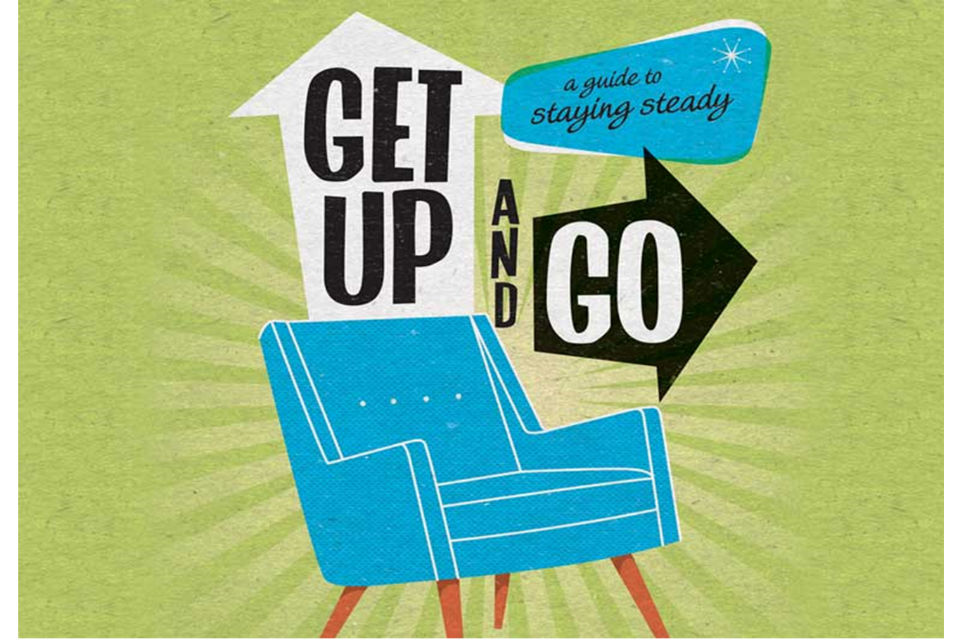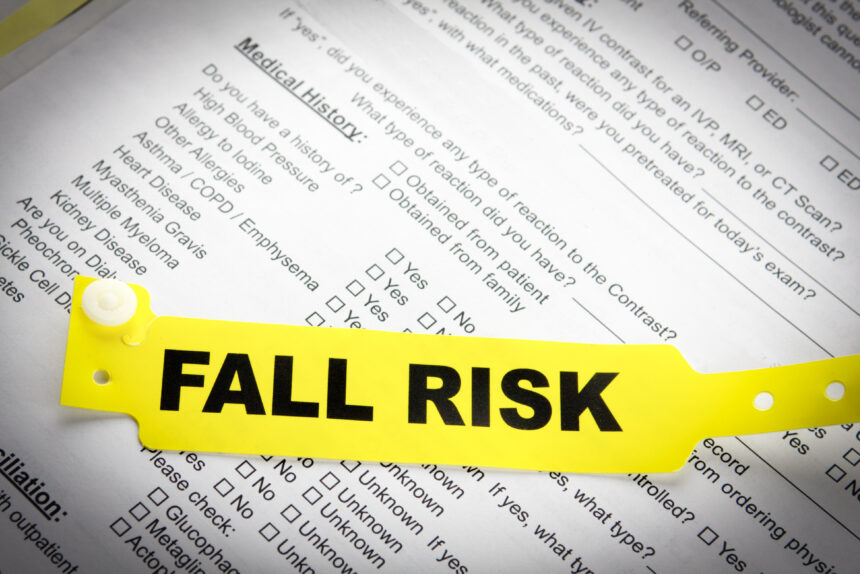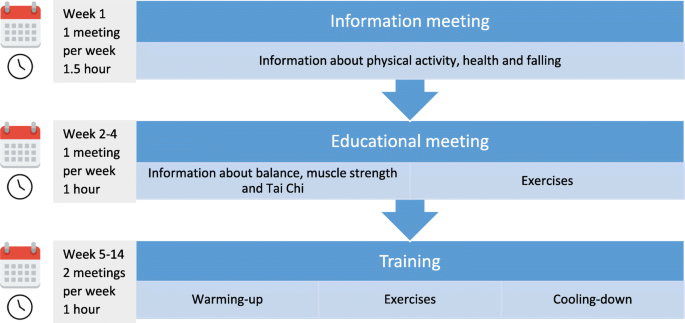Some Known Questions About Dementia Fall Risk.
Table of ContentsThe Definitive Guide for Dementia Fall Risk8 Simple Techniques For Dementia Fall RiskHow Dementia Fall Risk can Save You Time, Stress, and Money.The Only Guide to Dementia Fall RiskFacts About Dementia Fall Risk Uncovered
In the area, inadequate road lighting or unguarded creeks and land fills might likewise cause crashes. Loss Threat Assessment Tool (FRAT) is a 4-item falls-risk testing device for sub-acute and domestic care. The FRAT has three areas: drop threat status, risk factor checklist, and action strategy. A Loss Threat Status includes data about background of recent falls, drugs, psychological and cognitive condition of the client.If the patient ratings on a danger factor, the matching variety of factors are counted to the client's autumn danger score in the box to the much best. If a client's autumn threat score totals 5 or greater, the person goes to high danger for drops. If the individual scores just 4 factors or reduced, they are still at some danger of falling, and the registered nurse needs to use their finest medical analysis to handle all fall threat variables as part of a holistic care plan.
These basic techniques, in general, assist create a risk-free setting that reduces unintended drops and marks core preventive steps for all clients. Signs are important for clients at danger for drops.
Not known Details About Dementia Fall Risk
For instance, wristbands need to consist of the client's last and given name, day of birth, and NHS number in the UK. Information must be printed/written in black against a white background. Just red shade ought to be made use of to indicate special person status. These suggestions are constant with current growths in individual identification (Sevdalis et al., 2009).
Products that are too much may need the client to connect or ambulate needlessly and can potentially be a threat or add to drops. Helps avoid the person from going out of bed with no help. Nurses react to fallers' call lights extra swiftly than they do to lights launched by non-fallers.
Visual impairment can greatly trigger drops. Hip pads, when worn appropriately, might lower a hip fracture when autumn occurs. Keeping the beds closer to the floor reduces the danger of falls and significant injury. Placing the bed mattress on the flooring considerably lowers fall danger in some medical care settings. Low beds are developed to reduce the range a patient drops after moving out of bed.
The Only Guide for Dementia Fall Risk
People that are tall and with weak leg muscular tissues that attempt to sit on the bed from a standing setting are likely to fall onto the bed due to the fact that it's also low for them to lower themselves securely. Additionally, if a high individual efforts to get up from a low bed without assistance, the individual is most likely to fall back down onto the bed or miss the bed and drop onto the flooring.
They're made to advertise timely rescue, not to stop falls from bed. Distinct alarm systems can likewise remind the person not to stand up alone. Making use of alarm systems can likewise be a replacement for physical restraints. Apart from bed alarm systems, raised supervision for risky clients also might help protect against falls.

People with a shuffling stride boost autumn chances significantly. To reduce autumn risk, footwear should be with a little to no heel, thin soles with slip-resistant tread, and sustain the ankle joints. Advise individual to utilize nonskid socks to stop the feet from gliding upon standing. Nevertheless, motivate individuals to use suitable, well-fitting shoesnot nonskid socks for motion.
The Definitive Guide to Dementia Fall Risk
Patients, especially older grownups, have minimized aesthetic ability. Lights an unfamiliar environment assists enhance exposure if the individual have to get up in the evening. In a research study, homes with sufficient illumination record less drops (Ramulu et al., 2021). Enhancement in lighting at home may reduce loss prices in older grownups (Dementia Fall Risk). Making use of stride belts by all wellness treatment carriers can advertise safety and security when helping clients with transfers from bed to chair.

Sitters work for assuring a safe and secure, secured, and risk-free environment. Studies demonstrated extremely low-certainty proof that sitters minimize fall threat in acute treatment healthcare facilities and only moderate-certainty that options like video surveillance can decrease sitter usage without increasing loss risk, recommending that sitters are not as beneficial as initially thought (Greely et Bonuses al., 2020).
The 10-Minute Rule for Dementia Fall Risk

Increased physical fitness reduces the risk for falls and limits injury that is suffered when loss transpires. Land and water-based exercise programs may be in a similar way beneficial on equilibrium and stride and thus lower the risk for falls. Water exercise may add a favorable benefit on equilibrium and explanation stride for women 65 years and older.
Chair Rise Exercise is a straightforward sit-to-stand workout that aids reinforce the muscles in the thighs and buttocks and enhances mobility and self-reliance. The objective is to do Chair Rise exercises without view using hands as the client ends up being stronger. See sources section for a thorough guideline on just how to perform Chair Rise exercise.